Parenting is constantly evolving as people adapt to new research and societal changes. From the impact of technology to shifting educational philosophies, we look at 17 startling trends in child development that are poised to change parenting forever.
Digital Literacy
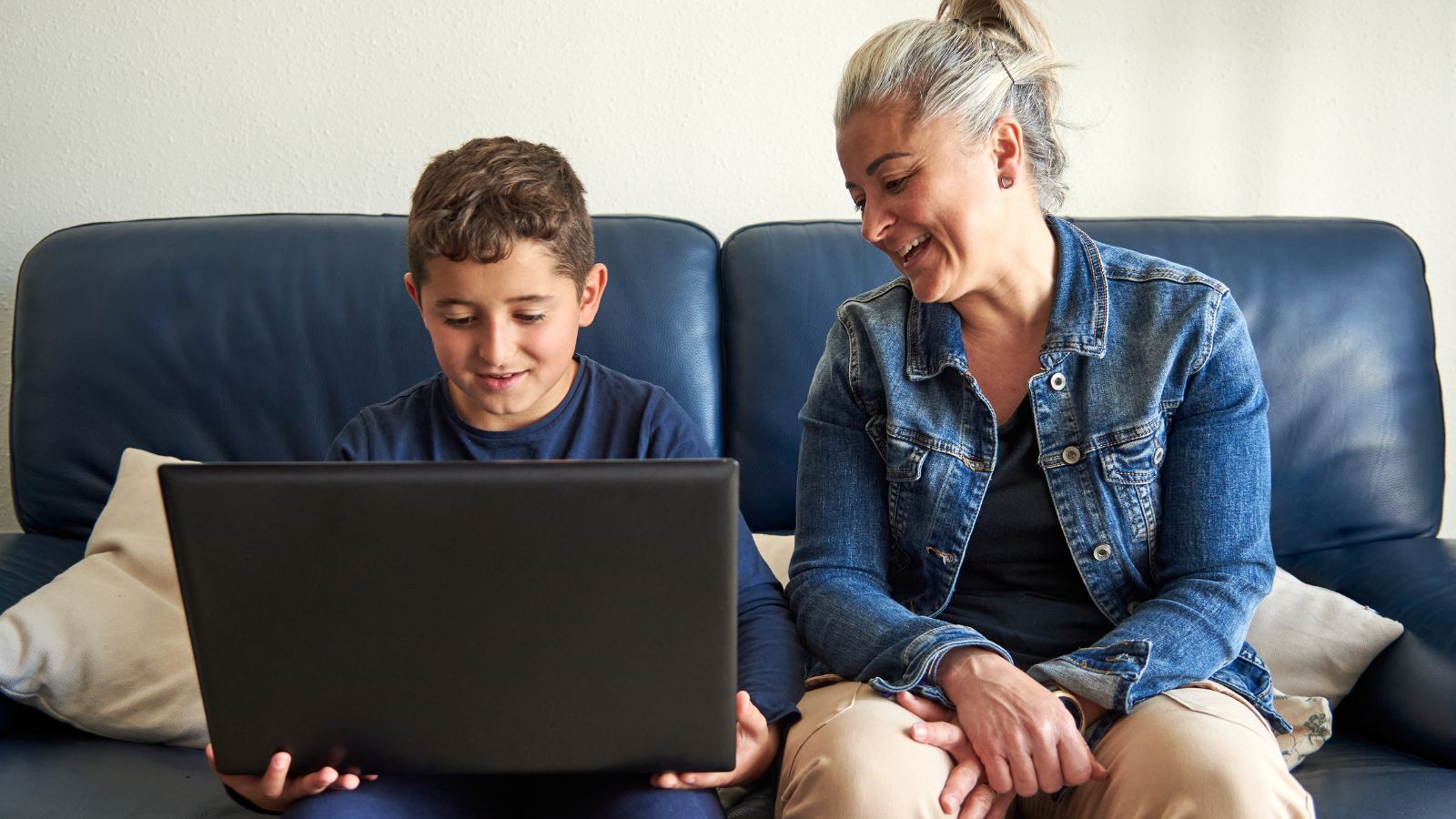
Like adults, children are spending more time on screens than ever before. While concerns over too much screen time remain, there’s a focus on digital literacy that teaches kids how to use technology responsibly. The goal is not just limiting device use but helping children navigate the online world safely, particularly when they reach their teenage years and are preparing for adult.
Mental Health Awareness
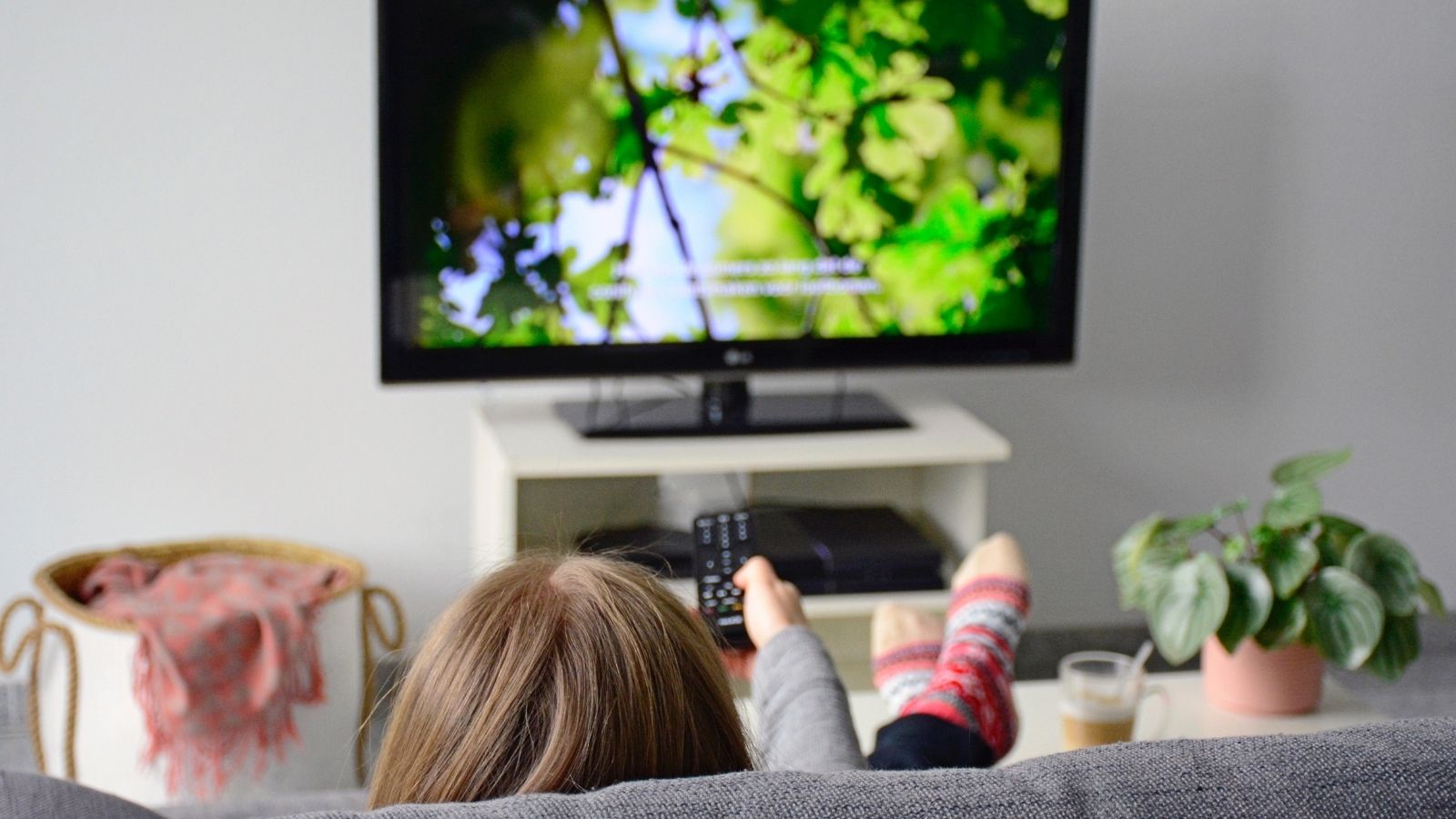
Mental health has moved to the forefront of child development. With anxiety and depression rising among young people, there is a growing emphasis on emotional intelligence and mental well-being from a young age. Parents and educators are now more focused on equipping children with coping skills, fostering resilience and normalizing conversations about mental health.
Social Media and Identity

Social media is significant in shaping how children develop their sense of self. Platforms like Instagram, TikTok and Snapchat provide for kids to be themselves, but they also bring challenges around self-esteem and peer pressure. Parents are learning to navigate their children’s online presence and help them develop a strong sense of identity in a social media dominant world.
Increased Focus on STEM Education
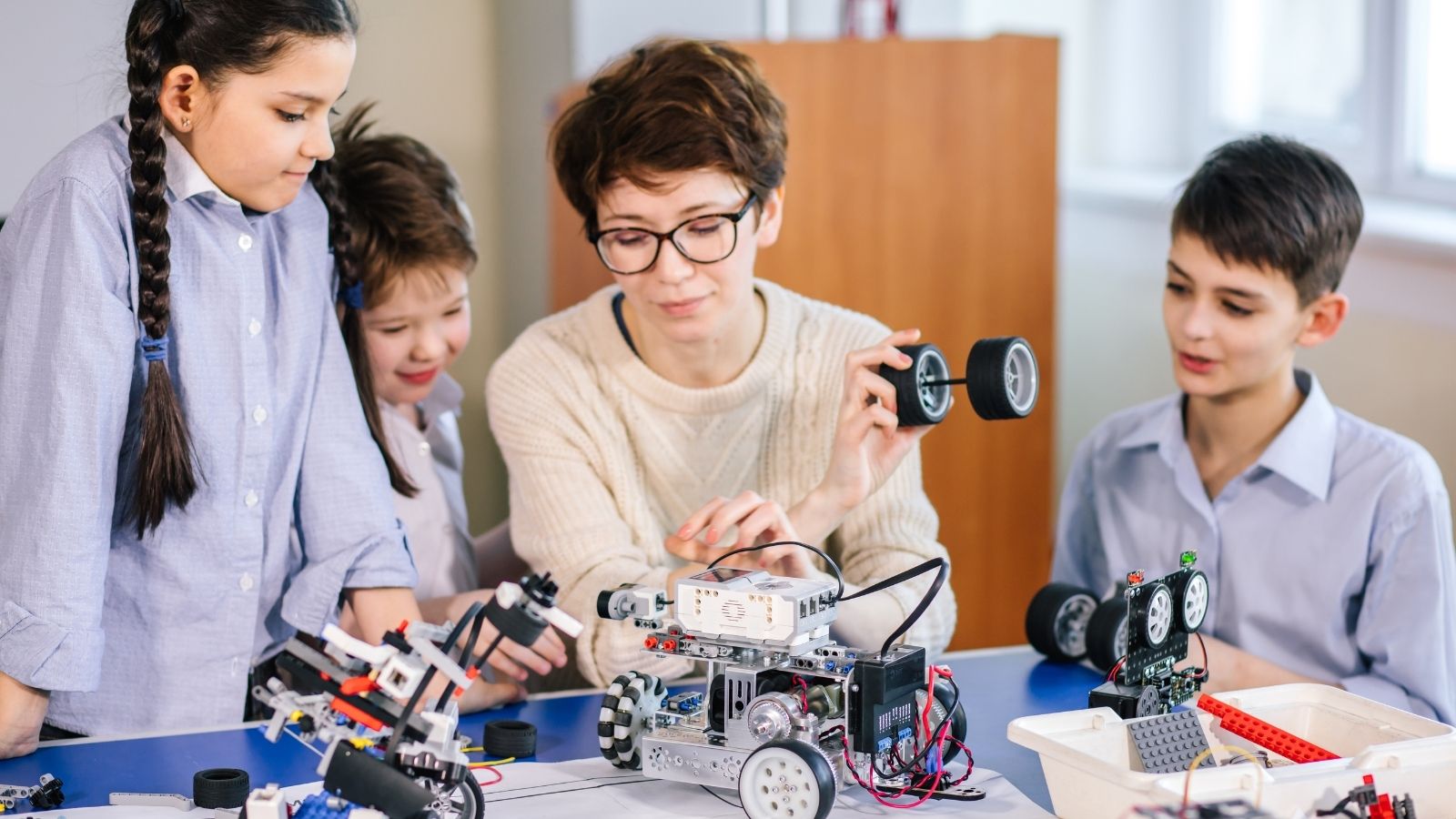
There’s been a significant push towards early STEM (Science, Technology, Engineering and Math) education. Parents are being encouraged to introduce coding, robotics and math-based games as early as preschool. This trend prepares children for a future where tech skills are crucial, potentially changing the way education and parenting are approached.
The Rise of “Gentle Parenting”

Gone are the days of strict discipline as the gentle parenting approach emphasizes understanding a child’s emotional needs. This style of parenting practices patience and fostering mutual respect between parents and children. This trend encourages empathy over punishment and reshapes traditional ideas about authority and discipline in the household.
Gender Fluidity and Open Discussions
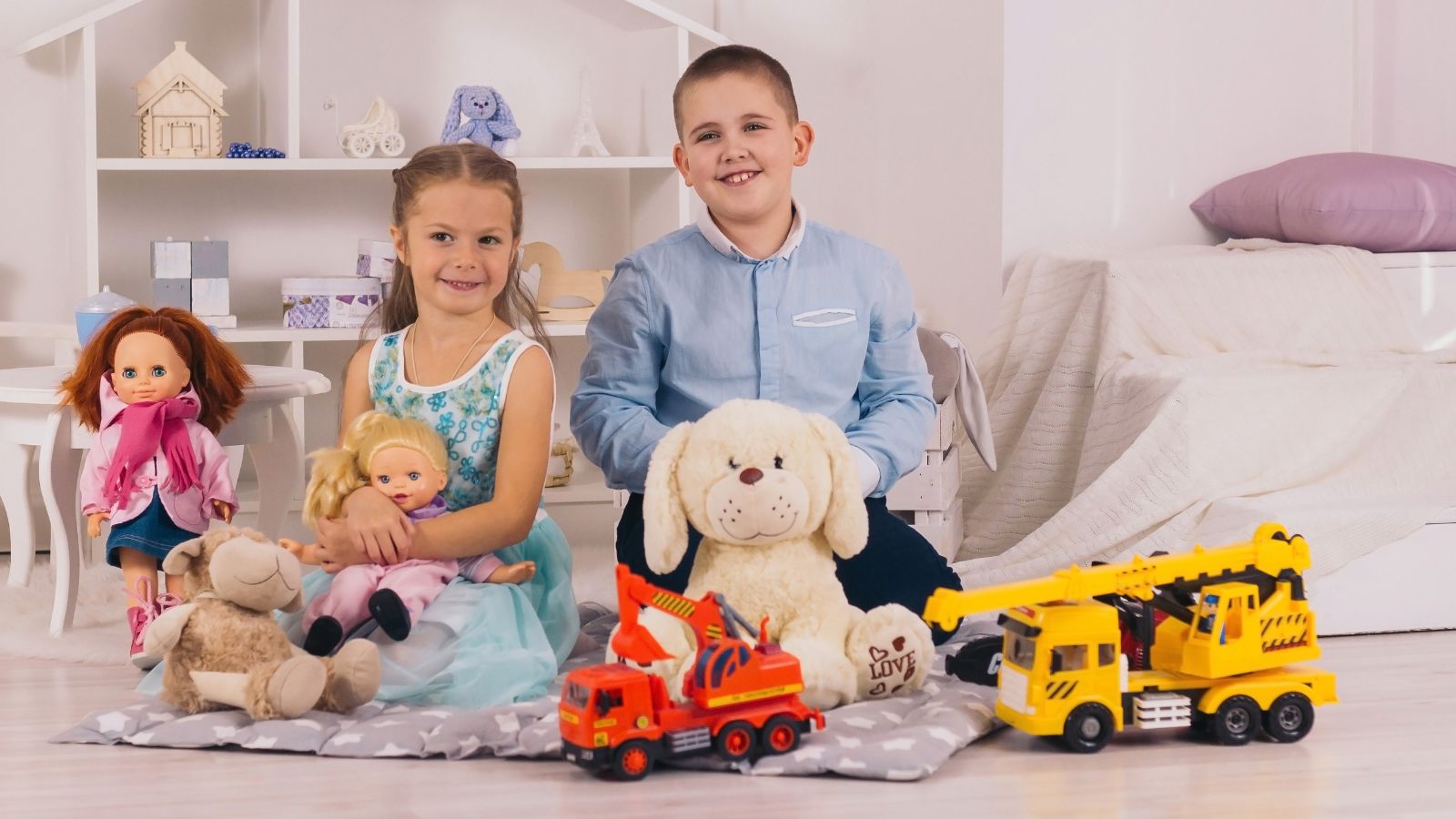
More children are exploring gender identity at younger ages and there is a growing acceptance of non-binary and gender-fluid identities. Parents are increasingly open to allowing their children to express their gender in ways that feel authentic to them, leading to a shift away from rigid gender norms in clothing and toys.
Holistic Learning Approaches

Traditional education models are being challenged by more holistic learning approaches, where emotional, social, and physical development are considered alongside academics. Montessori, Waldorf and project-based learning environments are growing in popularity, encouraging a well-rounded development that doesn’t solely focus on grades or standardized tests.
The Importance of Nature Play
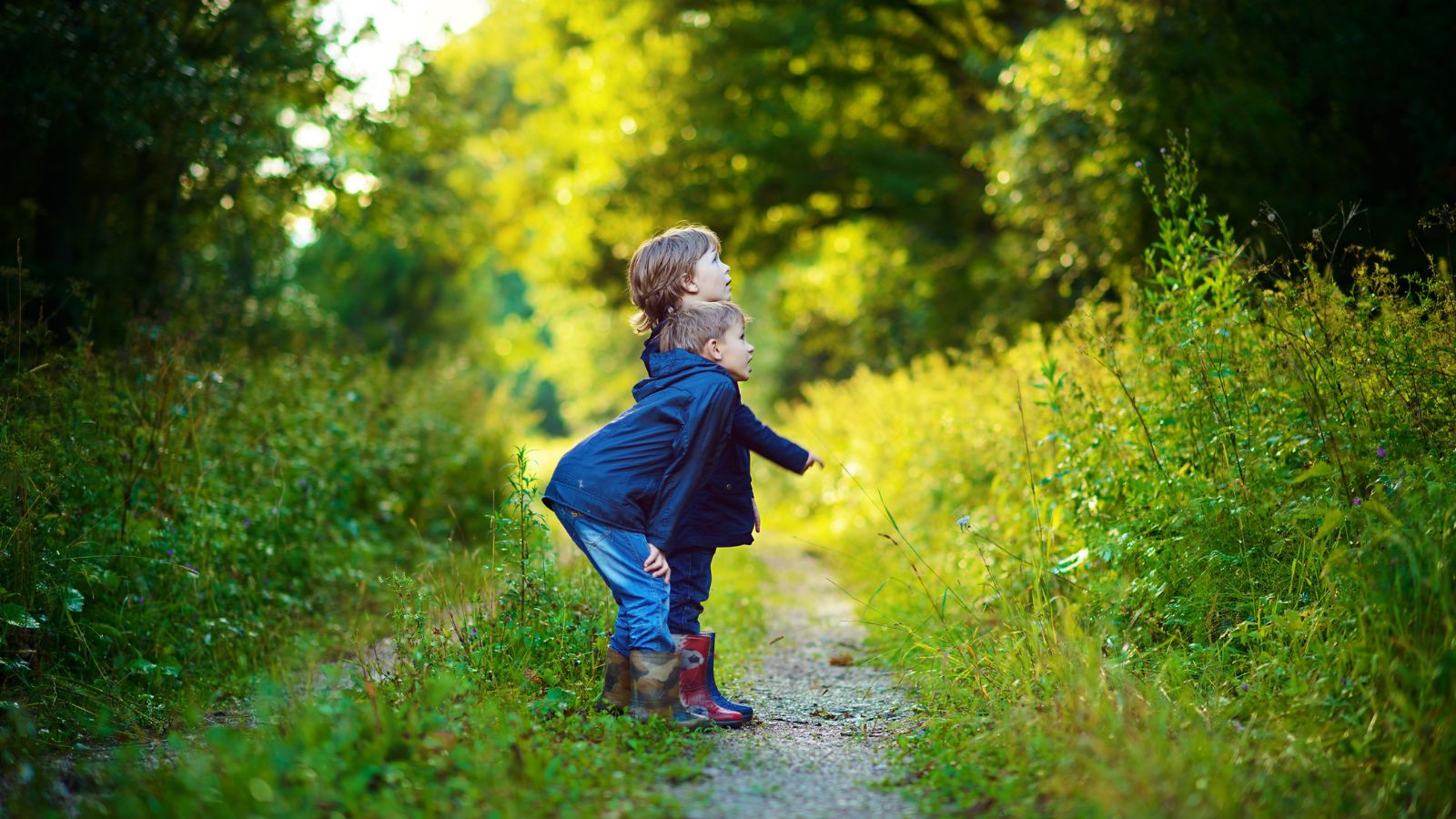
As concerns over screen time grow, there’s a resurgence in promoting outdoor and nature-based play. Research has shown that exposure to nature is vital for mental, physical, and emotional development. Parents are making outdoor activities a priority to foster creativity, independence and a connection to the environment.
Delayed Milestones and the “Slow Parenting” Movement
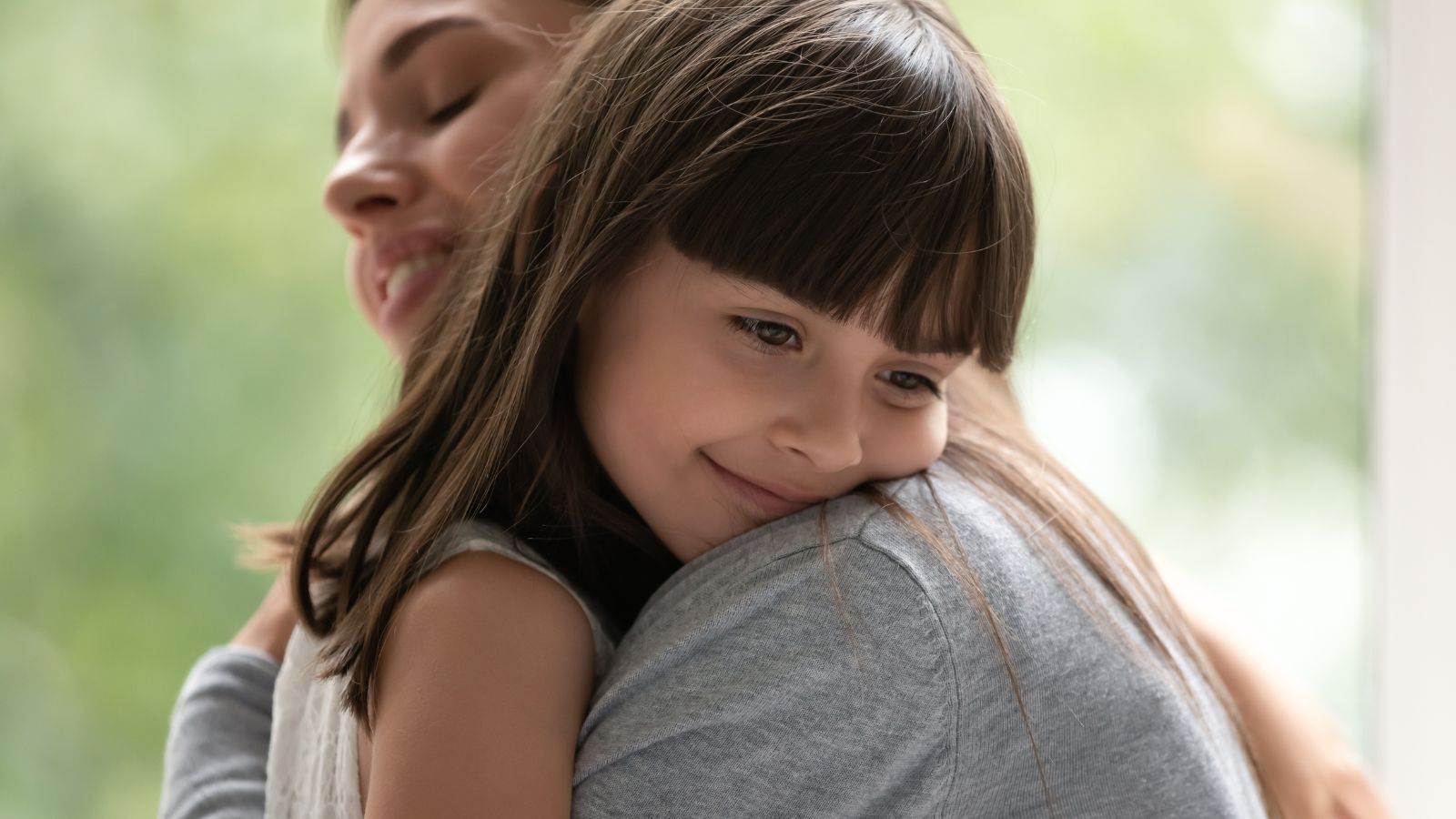
More parents are adopting the “slow parenting” movement, which emphasizes allowing children to develop at their own pace. This trend challenges the pressure for children to reach developmental milestones on a rigid schedule, focusing instead on fostering a stress-free, supportive environment for natural growth.
The Impact of Climate Anxiety
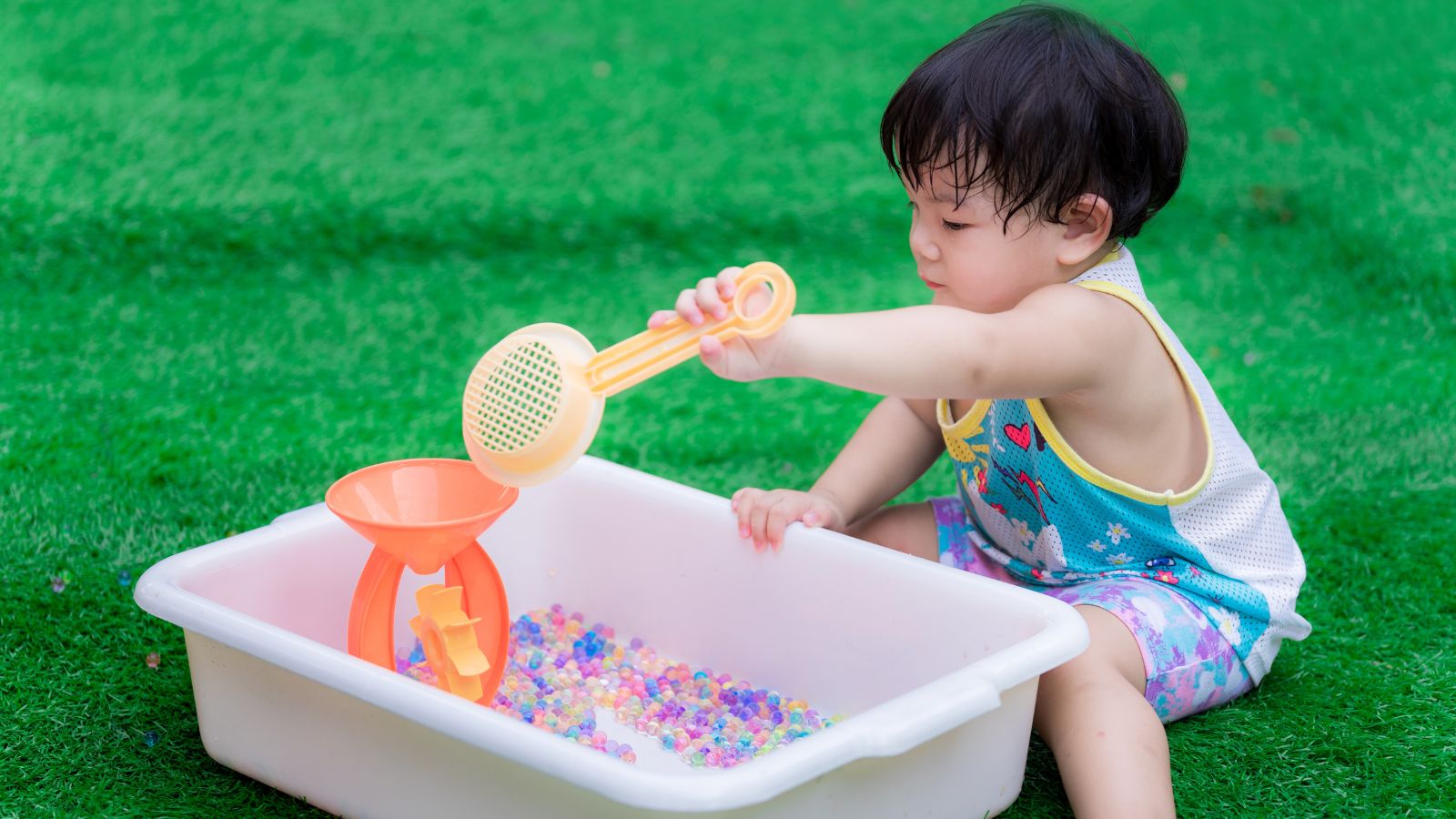
Children are increasingly aware of global issues like climate change and this knowledge is affecting their development. Climate anxiety—a fear of environmental disaster—is becoming more common among young people. Parents are now tasked with balancing the responsibility of educating their children about environmental issues without overwhelming them.
Neuroscience and Early Brain Development
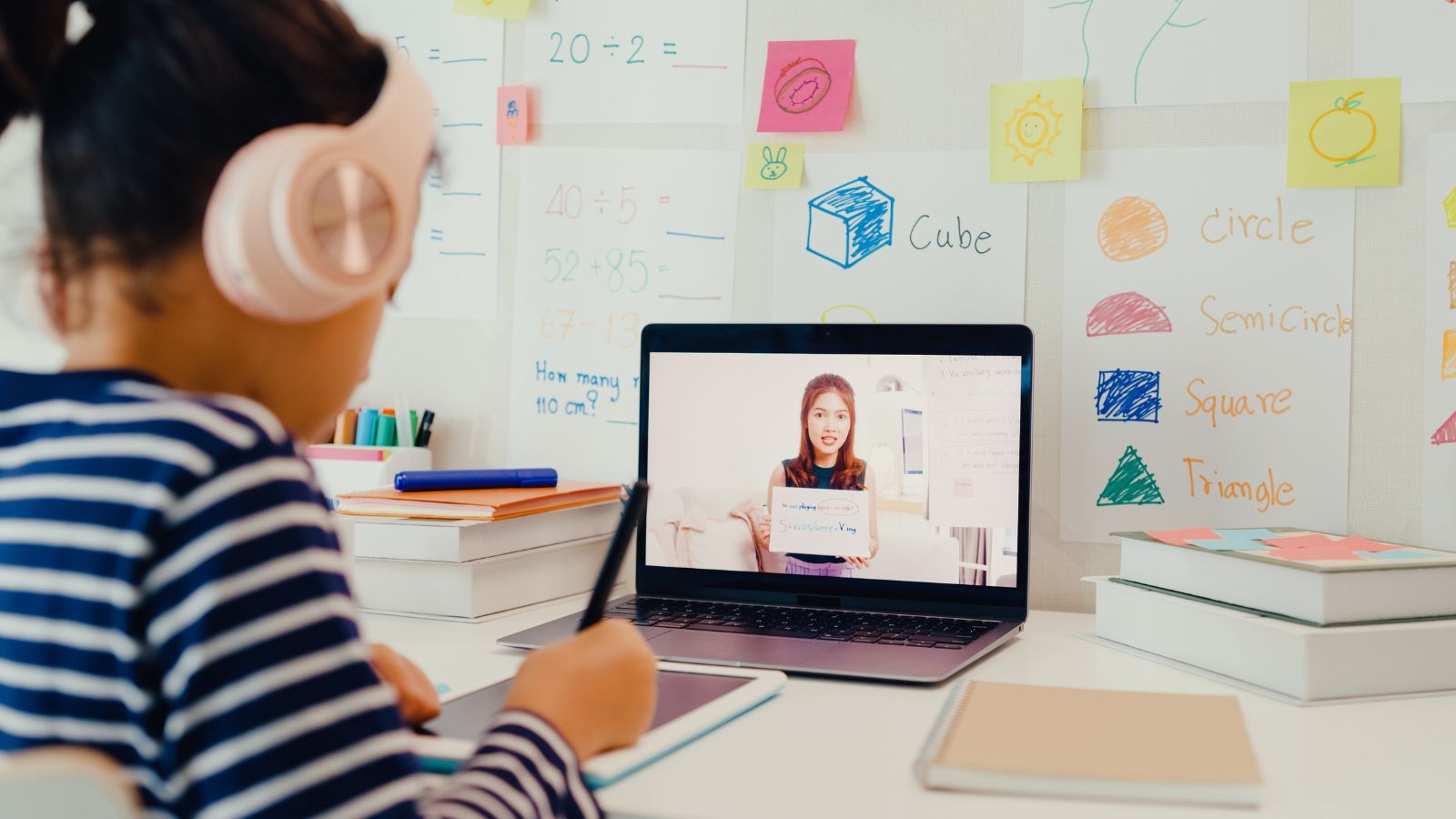
Advances in neuroscience have shed light on the importance of the early years in brain development. Parents are now focused on providing enriching experiences during critical periods of development, including exposure to music, language and physical activities that stimulate cognitive growth.
Rise of Single-Child Families
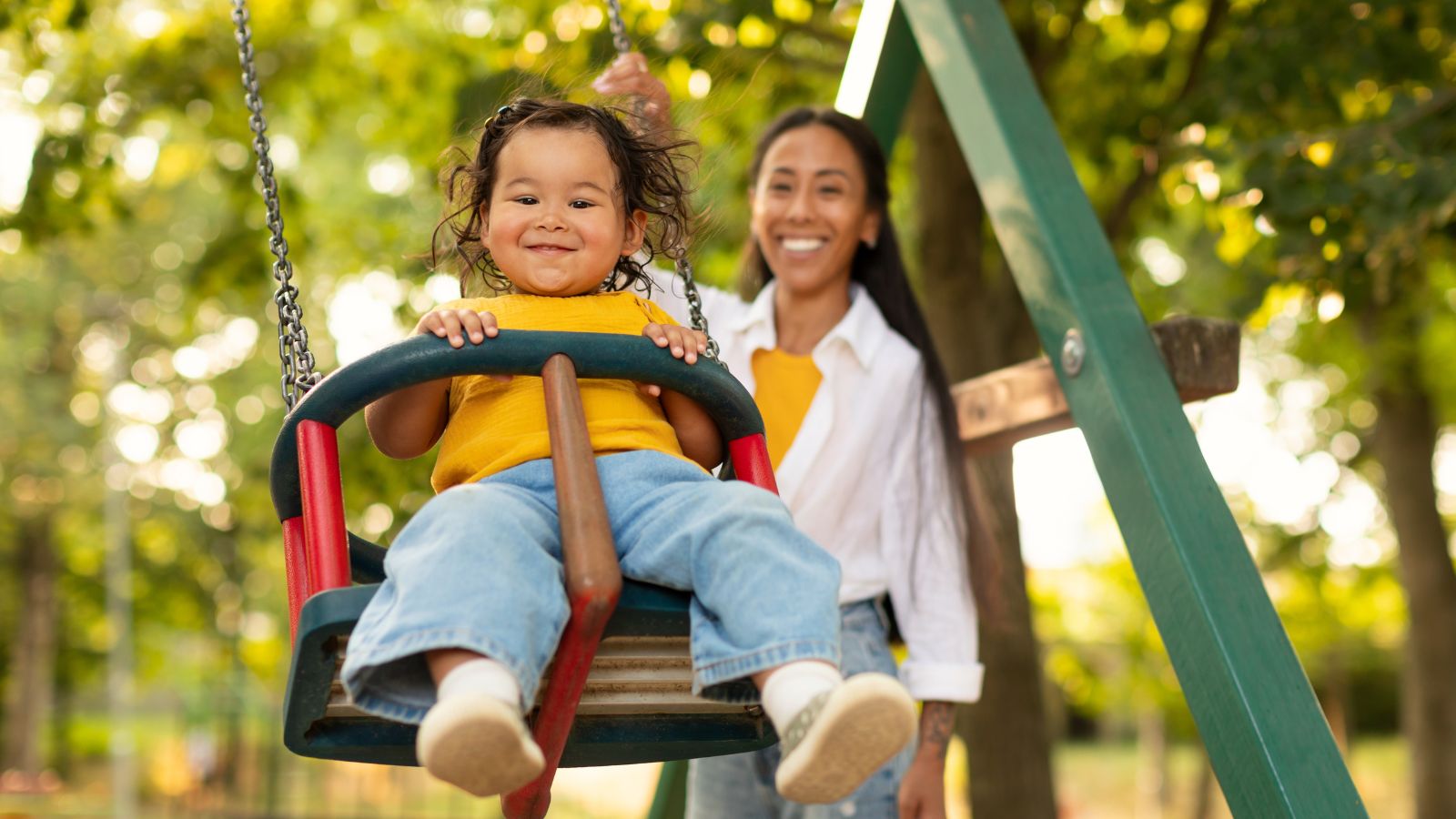
There is a growing trend towards smaller families, with many parents opting to have only one child. This shift brings changes in parenting styles, as single children often receive more concentrated attention and resources. But, it also raises questions about socialization and independence, with parents looking for ways to ensure their child still develops strong social skills.
Increased Involvement of Fathers

Modern fatherhood is evolving, with dads taking on more active roles in child-rearing. This shift is changing family dynamics, as more fathers engage in hands-on parenting, from diaper changes to attending parent-teacher meetings. The traditional division of labor within households is being redefined, creating more balanced parenting partnerships.
Diverse Family Structures

As society becomes more accepting of diverse family structures, children are growing up in environments that go beyond the traditional nuclear family. Blended families, same-sex parents and co-parenting arrangements are becoming more common, leading to a broader understanding of what family looks like for today’s children.
Mindful Parenting

Mindfulness is becoming an essential tool for both parents and children. Mindful parenting encourages staying present, fostering calm and reducing stress in everyday interactions. Teaching children meditation and mindfulness techniques is becoming a popular way to help them manage emotions and improve focus and behavior.
individualized Learning
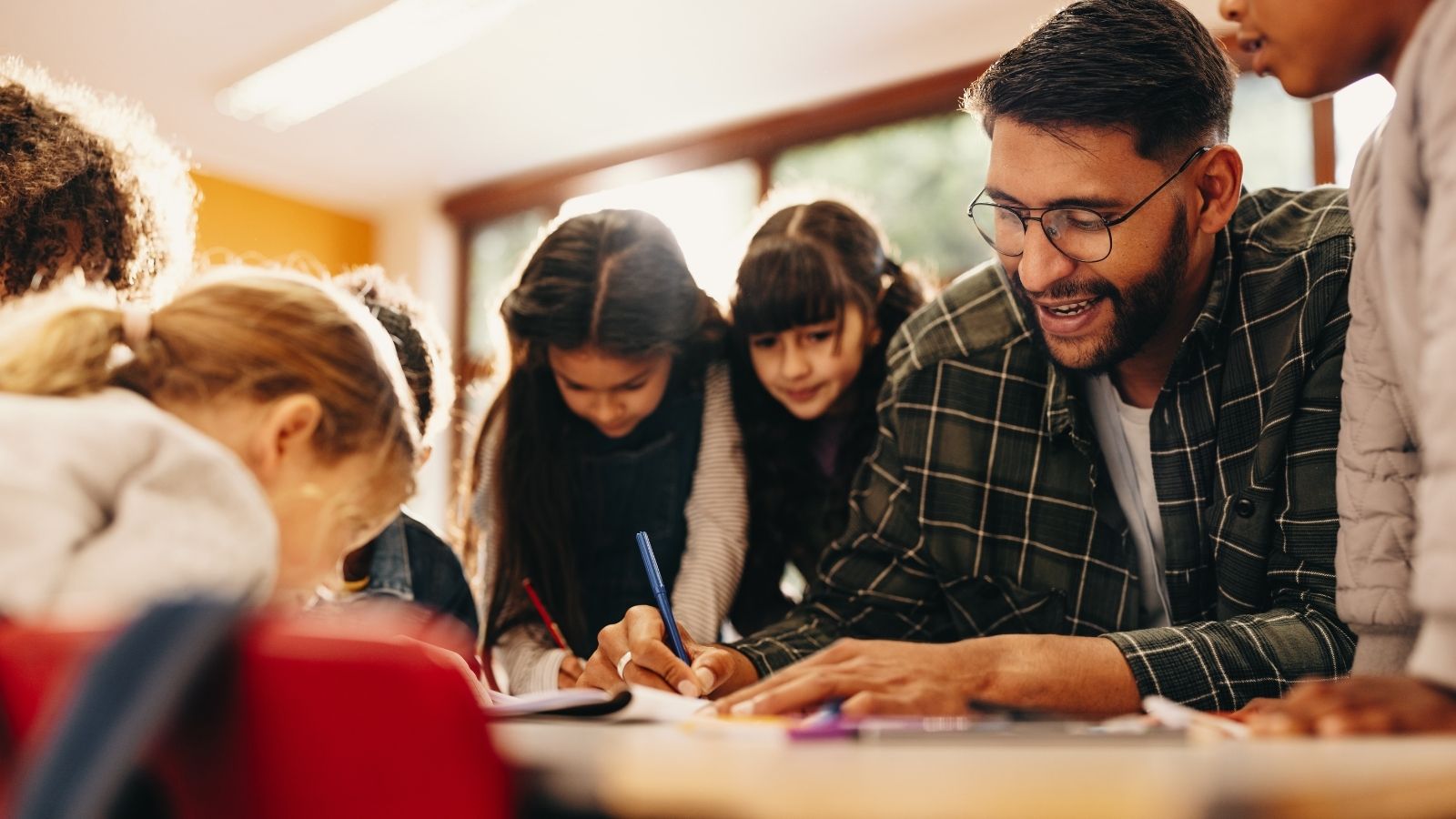
Children are being educated in more individualized ways than ever before. With the rise of online learning platforms and homeschooling, parents now have the option to tailor their child’s education to fit their unique learning styles and interests. This trend offers flexibility but also requires a shift in how parents manage and support their child’s learning journey.
Inclusivity
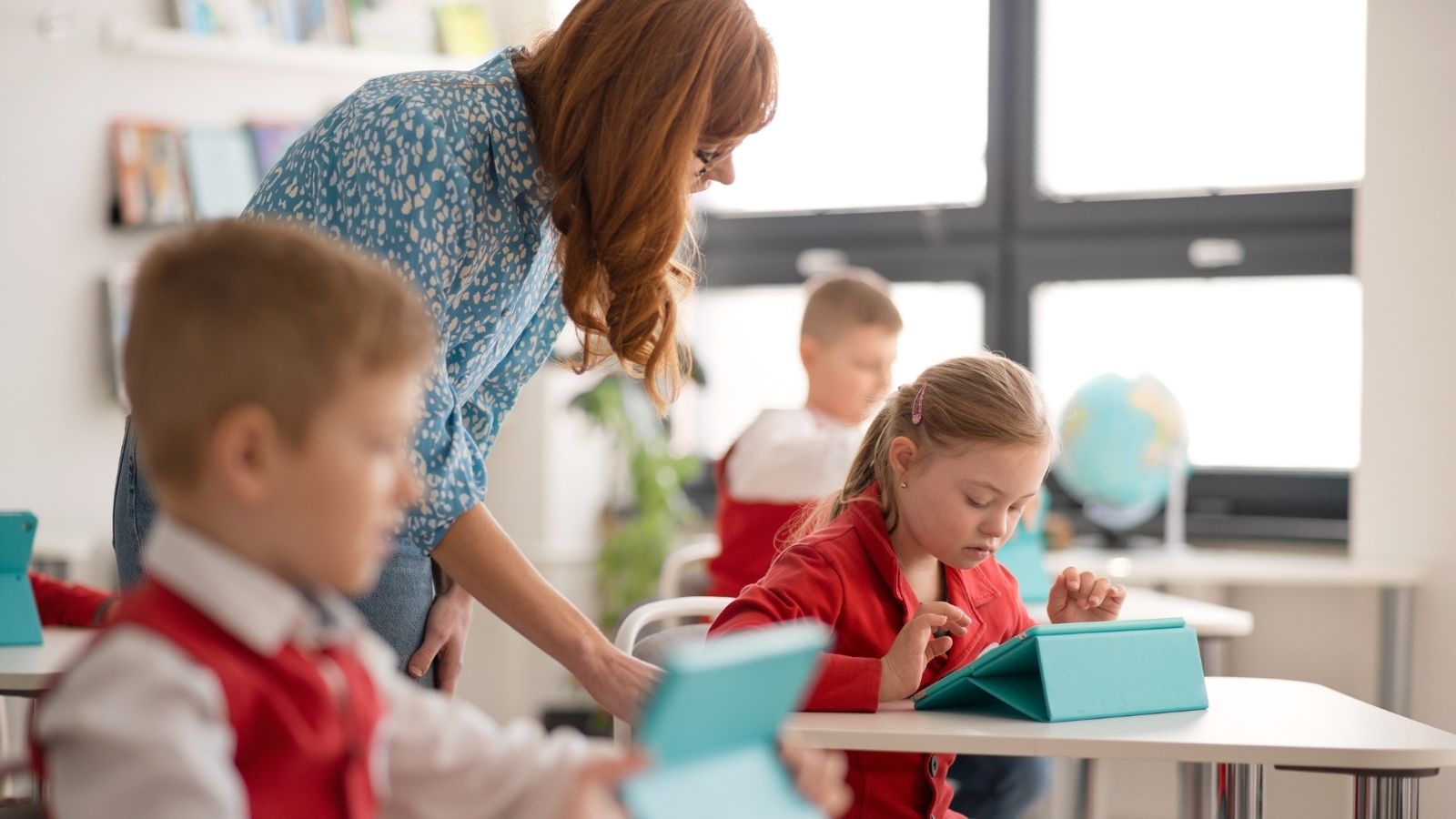
Children today are growing up in an era where inclusivity is becoming a key value. Schools, media, and parents are actively promoting diversity in race, ability and background. Toys, books and TV shows now offer more representation, encouraging children to grow up with an appreciation for different perspectives, helping to foster a more accepting and empathetic generation.
18 Reasons Why People Are Leaving Florida in Masses

Exploring factors that impact the desirability of living in Florida, this list delves into various challenges shaping residents’ experiences. From environmental concerns like rising sea levels to economic factors such as fluctuating job markets, these issues collectively contribute to a nuanced understanding of the state’s appeal.
18 Reasons Why People Are Leaving Florida in Masses
